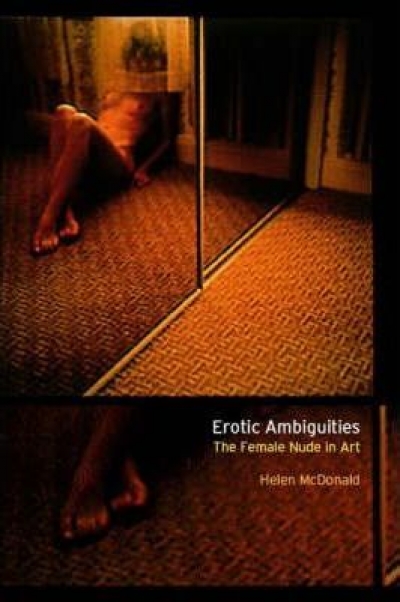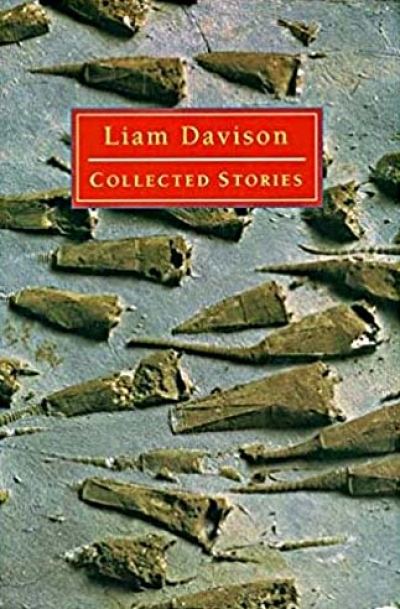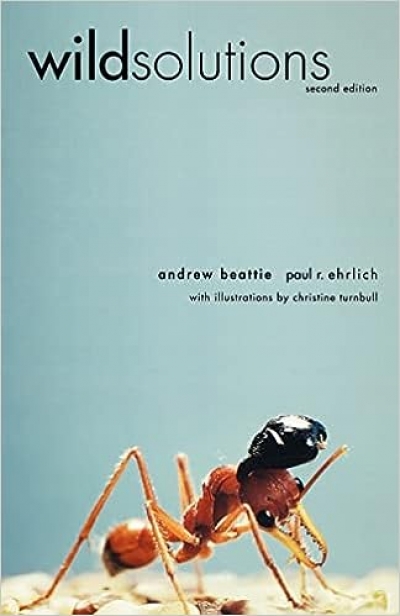Accessibility Tools
- Content scaling 100%
- Font size 100%
- Line height 100%
- Letter spacing 100%
Archive
Querulous impatience has overtaken discussion of Aboriginal matters in some quarters. ‘If we apologise, they must forgive and then assimilate. Invite them to discussions about how to ameliorate their misery – the disintegration of community, the alcoholism, the glue sniffing. But they mustn’t talk “ideology”. We’ve had enough brooding over the past, heard enough about treaties and self-determination, and more than enough about genocide. It’s time to move on.’ That’s what I hear and in that tone.
... (read more)Erotic Ambiguities: The Female Nude in Art by Virginia Rigney
Wild Solutions: How Biodiversity Is Money in the Bank by Andrew Beattie and Paul R. Erhlich
Earth Is But a Star: Excursions through Science Fiction to the Far Future edited by Damien Broderick
I would now like to begin with a plea for small literary magazines. I now have a vested interest in their survival (well, one, in particular), but then, I always thought I did. Little magazines are essential to the vitality of Australian literary and political culture. They play an important role in nurturing new poets, critics, storytellers, and reviewers. In the current book-publishing climate, there are few other opportunities for publishing short stories, experimental fiction, or poetry. Small magazines instigate and foster cultural debate and present a diverse range of opinions. Many of the most important issues in Australian public life today were first raised and discussed in literary magazines, including the stolen generations and racial ‘genocide’, the perils of economic rationalism and globalisation, the politics of One Nation, and the implications of new media technologies.
... (read more)Why don’t you go and see him?’ said Alper. I had met Alper in a small hotel in Istanbul. Over breakfast, we discovered a common interest in Orhan Pamuk, a distinguished contemporary Turkish novelist. Before leaving Australia, I had read Pamuk’s only two novels available in English translation (Faber), including his latest one, highly popular in Turkey, A New Life, and the previous, The Black Book. These are so complex, weaving such a net of allusiveness to writings of East and West, that they seemed only partly accessible to an outsider. But they left a strong impression. Both books are about a quest: is it possible to have, let alone to know, a distinctive self? Any answer is denied by the characters’ own blindness – their perverse desire, born of fear, to be someone else. This question of self involves political problems of dependence and independence, of national self-determination, problems that have influenced post-colonial countries as well as divisions between East and West. These complex concerns are explored through ‘doubles’ or ‘twinned’ characters, who can ‘turn into’, or even destroy, the other. The conventionalising effects of language and writing complicate the issues.
... (read more)We were gone from each other;
we were throwing out small talk,
half-sent smiles, unmeant like mist.
A friend describes the sensation as being in the movie set of your own life: everything is familiar, but not quite right. Auckland feels like an Australian city that has simply slipped a little, like the accent, to the east. There are hints of Hobart in the crisp sea and the misty sketched-in headlands. And of Sydney, in the over-abundance of harbour, the narrow streets of Ponsonby, which drop away towards the water, the houses filled with quiet light. Perhaps all Pacific cities look pretty much the same these days: here is the casino, the observation tower, the thirties picture palace turned into a Singapore-style mall, the narrow lane with outdoor tables under braziers; the same stands of Westpacs and McDonalds and Lush cosmetics stores. Perhaps what differentiates one city from another now is the sheer volume of traffic forced through its streets.
... (read more)





